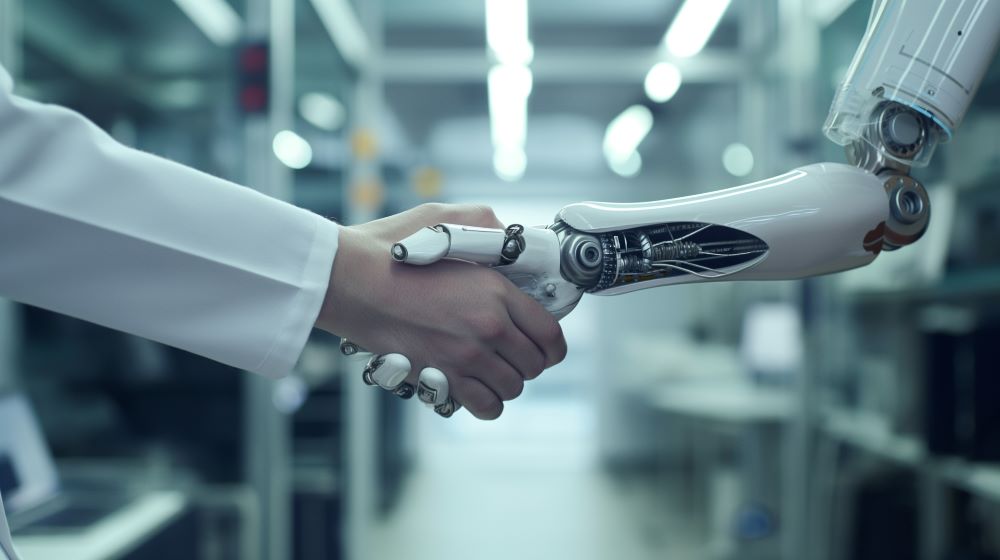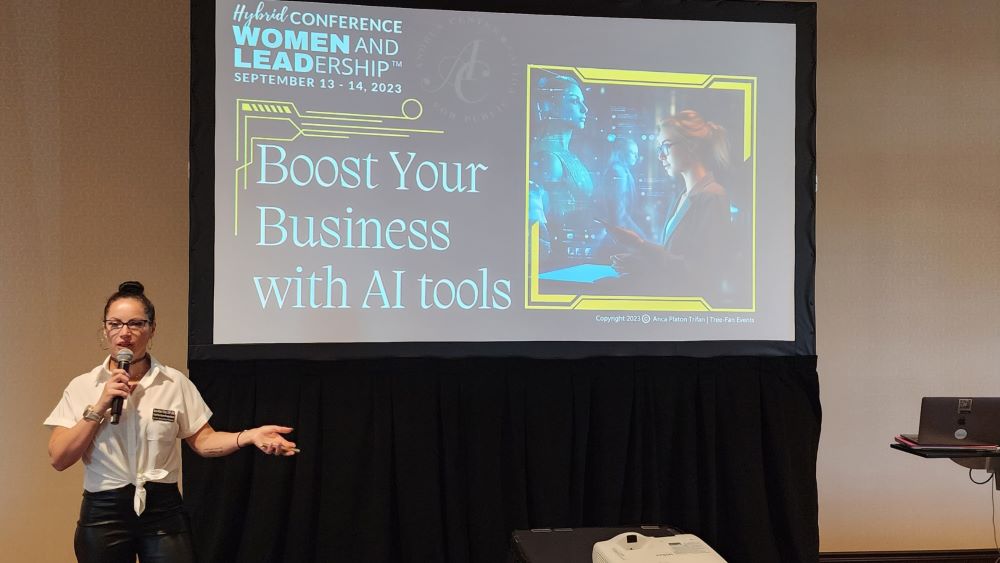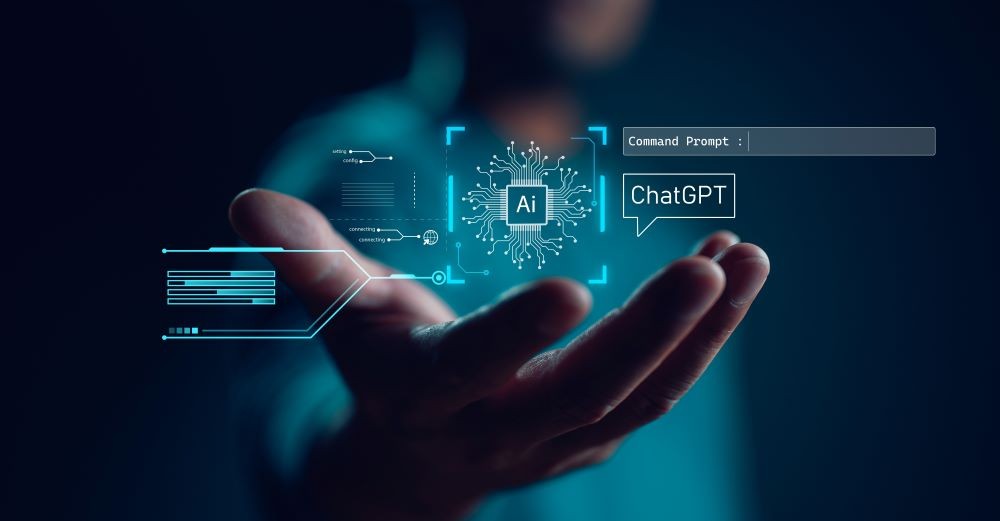If you were walking the streets of San Fransisco’s Mission District in 2015, you might have come across the very unassuming Pioneer Building on Folsom street. However, this building was the start of a company that has fundamentally changed the way we view artificial intelligence, and could leave a lasting mark on humanity for centuries to come. This company is OpenAI, which began as a nonprofit dedicated to the development of "safe and beneficial" artificial intelligence.
Since those early days, OpenAI has transitioned into a for-profit AI empire, launching ChatGPT in December 2022, which is credited with accelerating the rapid progression and investment in AI technology. Nowadays, it seems as though every business, large and small, is grappling with how to best utilize this new wave of AI technology. Companies are scared of being left in the dust by their fast-adopting competitors and employees are concerned about what AI means for their future employability and job prospects.
Despite the fact that artificial intelligence and machine learning have been around for decades, this new wave of AI seems to represent a stark contrast between the past and future, with the technology’s fast acceleration leaving many confused as to how to best utilize it. And for meeting and event planners, the possibility of using AI might be an enticing, if not daunting, opportunity to incorporate new technologies into their day-to-day lives.
Here’s how AI is currently being used in the meetings and events industry, what’s next in the field of AI—along with the limits of AI—and how human workers can adapt and overcome the threat AI poses.
[Related: Fast Forward - The Future of Artificial Intelligence in the Meetings Industry]
AI in the Present
AI is already being utilized in the meetings and events industry in a variety of ways. If you’ve recently gotten a job in the industry or are currently looking for employment, chances are that the company you applied to is using AI tools to help automate the beginning stages of the recruitment process. This includes companies using algorithms to boost their job postings on sites like LinkedIn or Indeed, using AI to scan resumes for keywords related to the position, and the overall removal of human biases to conform to diversity and inclusion hiring initiatives.

In its "Artificial Intelligence: The Basics" report, Freeman designates a difference between traditional uses of AI and the new type of AI that’s got the world abuzz. Traditional AI sources include things like predictive text, including word suggestions, autocorrect and chatbots such as Amazon Alexa. Generative AI is the next generation of AI and includes things such as ChatGPT, Sora, DALL-E and Google Gemini.
Another current way AI is being incorporated into the industry is PCMA’s Project SPARK, an initiative that sheds light on the pace of AI in the industry and allows users hands-on access to in-development AI tools specifically designed for event planning tasks. SPARK’s current functions include content repurposing and transcription tools and is a starting point for event professionals adopting AI technology.
Custom GPTs

On November 6, 2023, OpenAI launched custom GPTs, which allowed users to create their own customized versions of ChatGPT to help execute more specific functions or fit specific niches. Many AI experts in the meetings and events industry have already started to utilize custom GPTs to their full advantage, creating customized AI tools that can help increase their productivity or brainstorm new ideas for their organization.
Anca Platon Trifan is the CEO of Tree-Fan Events and one of the leading experts on automation and generative AI in the events industry. Trifan has been encouraging others in the industry to use custom GPTs.
"Custom GPTs are such an amazing tool, especially when you want to have something that is created specifically for a project, event or task," Trifan said. "With custom GPTs, you can create something that’s very specific and is already configured on your own data set."
Trifan says applications for custom GPTs are endless across the industry. DMCs, DMOs and CVBs can use custom GPTs to create more interactions on their websites and help visitors and meeting planners create custom destination maps for their events. Meeting and event planners can also create custom GPTs for their own workflows, helping to automate mundane or tedious tasks through the use of AI.
"Think of it as a powerful tool that can really handle time-consuming tasks," Trifan said. "For example, if it takes me up to an hour to do this one task, now it takes me one minute. That’s 59 minutes that I’m saving to do other things. So, if I can replace some of those mundane, time-consuming tasks that I don’t want to do with a custom GPT that can focus on just that one thing, that to me is a win."
[Related: Top 7 AI Uses from Event Profs in the Know]
The Future of Work
Even though it may sound nice to many planners to have an AI program handle all of the boring and tedious tasks, the thought of AI being able to so effortlessly do major parts of their job is still a daunting proposition. After all, if custom GPTs are advanced enough to handle tasks such as combing through attendees’ registration data, lead generation or data analytics, who’s to say that it couldn’t handle more complex aspects of the event planning process, like filling out RFPs, creating event schedules or even communicating with key event stakeholders?

The truth is, AI can do these things and is already doing so at many organizations. So, rather than stick your head in the sand and refuse to learn about AI and its implications, Trifan recommends that event professionals learn how to work with AI instead of just advocating against its implementation.
"There’s so much happening; new models, new tools, new applications, new updates," Trifan said. "We can just stay out of it and look at this development as it’s happening, or we can be a part of it as it’s going on and try to stay in step with it. Because the more distant you are with all of those changes, the harder it will eventually be to really adopt everything."
If you want to learn more about how to use AI, the best way is to just try and experiment with it on your own. More advanced processes like creating custom GPTs might require an AI expert or developer to create, but the basic plans of programs like ChatGPT and Google Gemini are free and offer a nice introduction into the concept of generative AI.
[Related: 10 Tips for Using AI to Radically Improve Meetings and Events Tasks]
The Limits of AI
Of course, AI can’t do everything just yet, and for some people that realization may be a sigh of relief. AI is becoming more advanced in what it can do, and for many people the questions isn’t "What is the limit of AI" as much as it is "What should be the limits of AI?"
While AI experts like Trifan are certainly optimistic about the future of AI technology, AI does represent a fundamental threat to the way humans provide value to society through their work. Especially in the work that meeting and event professionals do.

But all hope is not lost. For many, AI still represents just a flashier form of its beginning algorithm days: a machine that merely mixes up and recommends human creations and ideas. Some believe that creativity is an inherently human activity, and that while AI can certainly mimic and replicate human creative works, it can never and will never have an innovative or new idea on its own.
"The way I see it, I think AI is the support, the assistant, the tool that I leverage to do whatever it is that I need to do better, faster and more efficiently," Trifan said. "I don’t necessarily see a future anytime soon where there would be humans and robots walking around like in some movie."
While the lines between science fiction and reality have been inching closer and closer in recent years, we are certainly far from a Matrix-style robotic takeover.
So, in the meantime, learn how to utilize AI to the best of your ability and advocate for a future where human beings are still the ones firmly in control.
Read more stories on technology and artificial intelligence







